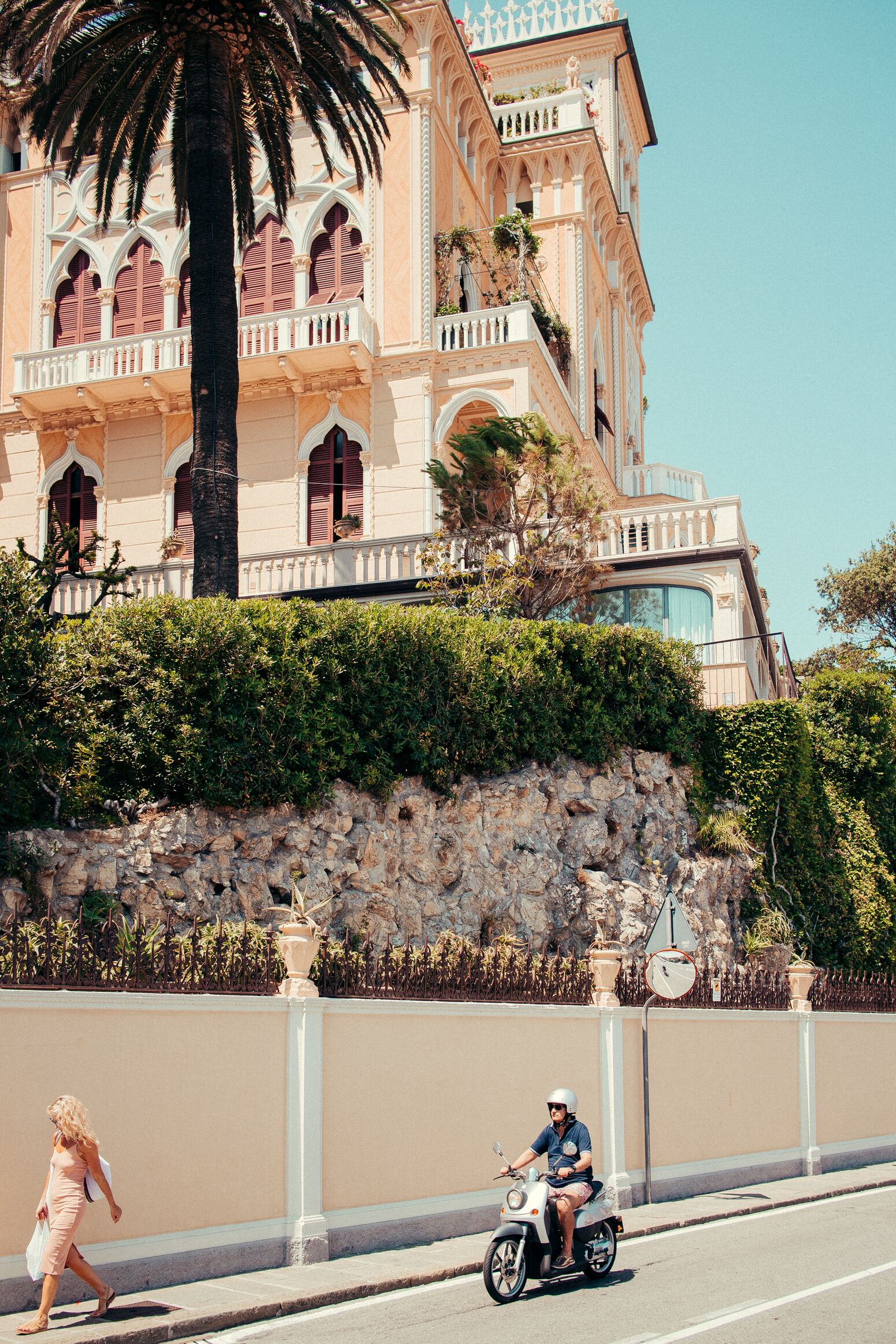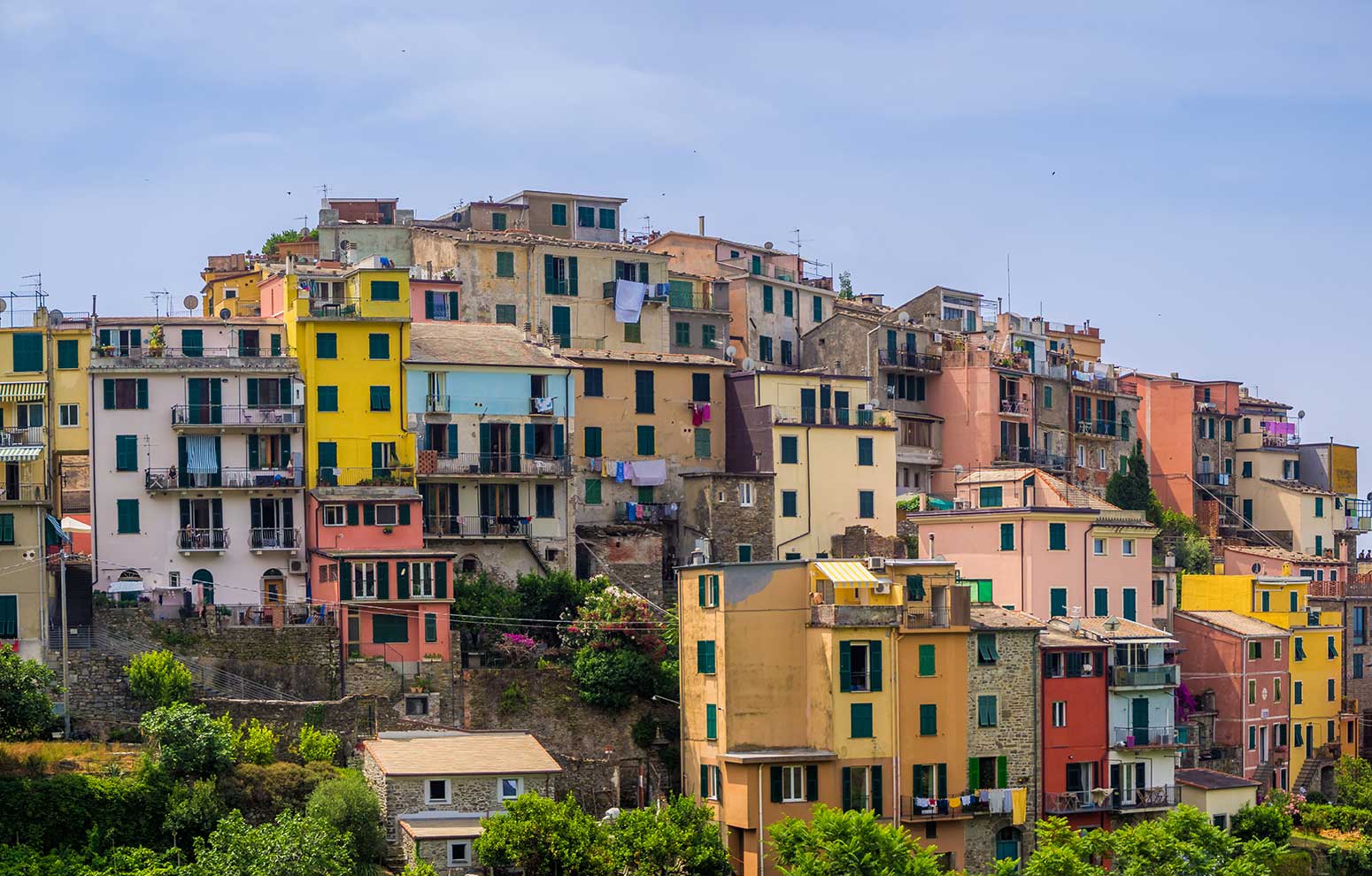
The controversy over the limits on short-term rentals in cities also involves the opposition between apartment owners within condominiums. A dispute that often ends up in the halls of our Courts. On the one hand, property owners who want to feel free to rent their real estate units as they prefer, and therefore also for short periods, perhaps to still be able to use them occasionally, or because they do not want to risk arrears or failure to release upon expiry, or because in this way they benefit from a higher income.
On the other hand, the condominiums annoyed by the comings and goings of unknown people, often noisy and with different habits, who contest not only short-term rentals but also rentals to students, equally frowned upon especially in the quiet and elegant condominiums in the central areas of some cities. On this point, the judges have clarified in an increasingly compliant way the rights and limits of the condominiums and the means at their disposal to stop the behaviors considered “harassing”.
Can a condominium (or super condominium) regulation specify what the owners of the real estate units can (or cannot) do in their apartments?
The condominium regulation of a contractual nature, usually prepared by the builder, can either prohibit some intended uses or impose limits on the individual real estate units owned exclusively by the condominiums but 2the limits must be foreseen in clear and circumscribed manner, expressed unequivocally and to be enforceable against new purchasers must be adequately made public with regular transcription or, failing that, with express acceptance by the purchasing party” (Supreme Court Verdict n. 27257/2019).
If the condominium regulation does not provide for these limitations, what can annoyed condominiums do?
However, with the majorities provided for by the Civil Code, the Condominiums’ Assembly can establish specific rules that impose limits not on individual properties but on the use of common things, aimed at protecting goods of shared importance, such as safety, decorum, tranquility or the like, for example by imposing “silence” or forbidding certain noises at certain times, or the prohibition of smoking in the common areas, or prolonged parking in the entrance halls or improper use of the lifts.
These are mandatory rules for all condominiums, obviously, and for the violation of which it is also possible to provide for financial penalties.
When the condominium regulation provides for sanctions, what happens in the event of a violation?
The Art. 70 of the Implementing Provisions of the Civil Code provides that for infringements of the condominium regulation, the payment of a sum of up to 200 Euros can be established, as a penalty, and, in case of recidivism, up to 800 Euros; the sum is attributed to the fund available to the Administrator for ordinary expenses. The sanction is imposed following a resolution by the Units owners’ Meeting with the majorities referred to in the second paragraph of article 1136 of the Civil Code.
The rule, however, does not appear in the list of mandatory ones; therefore, nothing prevents the condominium (or super condominium) regulation from attributing to a body other than the Assembly the power to impose the fine, for example, directly to the condominium administrator (see Court of Brescia 2032/2022).
If the defaulting unit owner does not comply spontaneously, then the remedy for the recovery of the sums is the traditional one before the competent Judicial Authority pursuant to Article 63 of the implementing provisions of the Civil Code and therefore, with an appeal for injunction immediately executive, despite opposition, presentable by the Administrator.
If there is a ban but no sanction, what to do to stop the business?
The condominium administrator, among the various powers, is required to ensure compliance with the regulation (Art. 1130 c. 1 n. 1 of the civil code). This means that he has the right to initiate a dispute in order to obtain compliance with the regulation even without prior resolution of the Assembly, by virtue of the power that is recognized to him by the Civil Code (Cass. 11841/2012).
Be careful though. The condominium matter is one of those for which the mandatory mediation procedure is envisaged, as a condition of admissibility of the judicial request.
For the Art. 71 quater of the provisions implementing the Civil Code are part of the disputes relating to condominiums, subject to mandatory mediation, those deriving from the violation or incorrect application of the provisions of Articles from 1117 to 1139 of the Civil Code and the provisions, concerning condominium, regulated in the implementing provisions of the same Code.
Following the so-called Cartabia Reform (Legislative Decree 10 October 2022, n. 149) which introduced the Art. 5-ter to Legislative Decree 4 March 2010, n. 28 on the Mediation procedure, starting from June 30th, 2023 the condominium administrator is entitled to activate a mediation procedure, to join and participate in it.
This means that he can do it without prior authorization from the condominium assembly. The minutes containing the conciliation agreement or the conciliatory proposal of the mediator will then be submitted to the approval of the condominium assembly, which will have to decide within the deadline set in the agreement or in the proposal with the majorities envisaged by article 1136 of the Civil Code. In case of non-approval within this period, the conciliation is considered not concluded.
And if the Administrator does not intervene?
Even recently the Supreme Court Verdict n.16934/2023 stated that the individual condominium retains the power to act in defense not only of its exclusive owner rights, but also of its co-owner rights ” pro quota” of the common parts, with the possibility of resorting to the Judicial Authority in the event of inertia of the condominium administration (pursuant to Article 1105 of the Civil Code dictated in the matter of communion, but also applicable to the condominium of buildings for the postponement set by Art. 1139 of the Code.). Even the single condominium will therefore be able to appeal to the Judicial Authority (subject, when required as a condition of admissibility, to experimenting with the mediation attempt).
Recent News & Events
A brief overview; legal framework and deal structure. Real estate transactions in Italy are typically structured according with 2 schemes: Asset deals, which is about the direct acquisition of real estate Share deals, where the investor purchases the shares of the legal entity owning real estate (and so indirectly the real [...]
SOUTH WORKING (ITALY) what it can mean for Italy and its villages. Against the depopulation of the south, that phenomenon linked to smart working called "south working" could be a solution that companies look at with interest. Also to reduce the costs of finding the workforce. These are some of the trends [...]
Investing In Italian Property For Retirement You’ve finally given in to La Dolce Vita’s allure and plan to spend your golden years in Italy at your dream property. If you start planning ahead and networking with the appropriate individuals, you can spend your retirement in Italy. Here are some guidelines [...]
THE ADVANTAGES OF LIVING IN A PENTHOUSE This type of property refers to homes located on the top floor of a building and which, moreover, generally have more square meters than the rest of the apartments located on different floors. Furthermore, they are characterized, for the most part, by having large terraces that [...]
Share This Post, Choose Your Platform!
MORE NEWS
Italy can request withholding taxes on short-term rentals. This was stated by the […]
The short-term rental regime was introduced into our legal system […]
In the past, the purchase of off-plan properties in Italy […]






